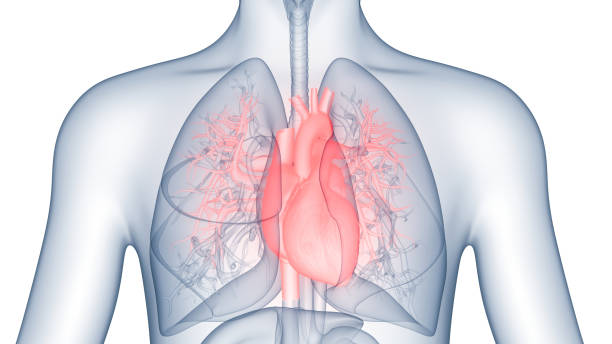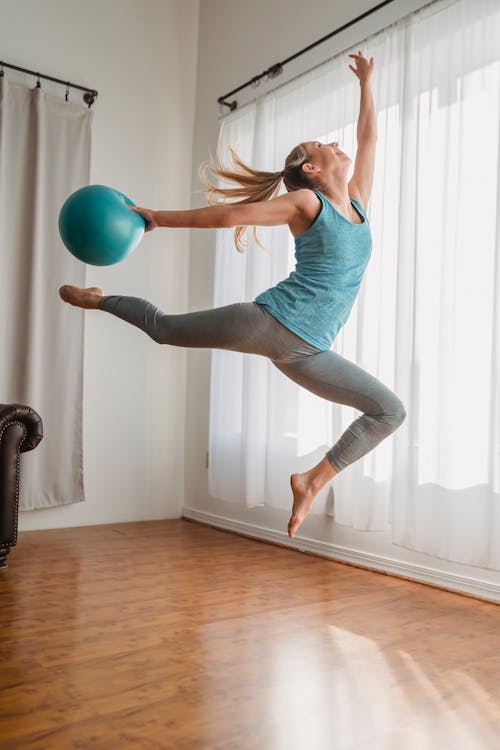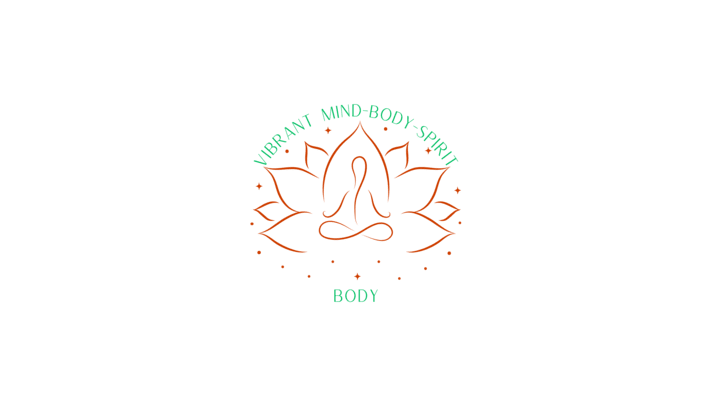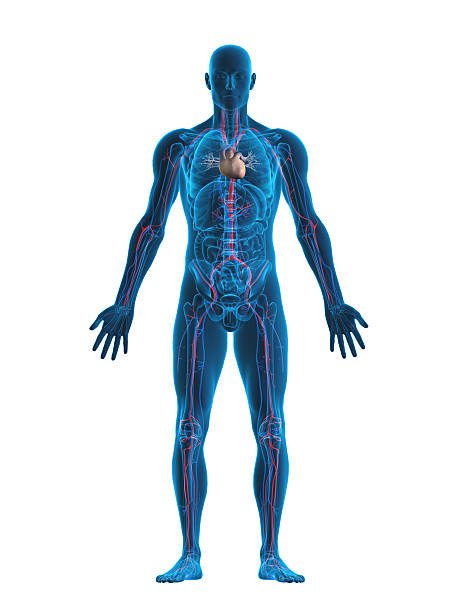This post contains affiliate links, meaning that I may receive compensation if you make a purchase through these links. As an Amazon Associate, I earn from qualifying purchases. This compensation does not influence the content, or recommendations provided. The opinions expressed are my own, and I strive to provide honest and unbiased information.
Why Physical Fitness Is Important
Physical Fitness: Why Important? Staying physically fit is one of the best things you can do for your body and mind. Physical Fitness isn’t just about having a strong body or looking good. It’s about taking care of your entire well-being. Whether you’re young or old, fitness plays a huge role in how you feel, think, and even how long you live.
In this article, we’ll explore the many reasons why physical fitness is important. By the end, you’ll understand how exercise and staying active can lead to a happier and healthier life.

Boosts Overall Health and Reduces Risk of Diseases
One of the most significant benefits of physical fitness is that it improves your overall health. Regular exercise helps strengthen your heart and lungs, making it easier for your body to circulate blood and oxygen. This reduces the risk of serious conditions like heart disease, stroke, and high blood pressure.
In addition, physical activity helps manage your blood sugar levels. By doing this, you lower your risk of developing type 2 diabetes. Your body becomes more efficient at using insulin, which helps keep blood sugar in check.
Exercise also strengthens your bones and muscles. This is important because as we age, our bones naturally get weaker. Weight-bearing exercises, like walking or lifting weights, help maintain bone strength and prevent osteoporosis.
To top it off, staying active reduces the risk of some cancers, such as colon, breast, and lung cancer. Overall, a physically fit body is better equipped to fight off diseases and stay healthy.
Improves Mental Health and Reduces Stress
Physical fitness doesn’t just benefit your body; it also improves your mental health. When you exercise, your brain releases chemicals called endorphins. These endorphins are often called “feel-good” chemicals because they help reduce stress and improve your mood.
If you’re feeling anxious or overwhelmed, exercise can be a great way to blow off steam. Even something as simple as going for a walk can help clear your mind and make you feel more relaxed.
Exercise also helps reduce the symptoms of depression. Many studies have shown that people who exercise regularly are less likely to experience feelings of sadness or hopelessness. Physical activity can also improve your sleep, which is essential for mental well-being.
In short, being physically fit doesn’t just help your body; it keeps your mind healthy, too. It’s an excellent way to fight off stress and maintain a positive outlook on life.
Physical Fitness Enhances Energy Levels and Stamina
You might think that exercise would make you feel tired, but it actually does the opposite! Regular physical activity boosts your energy levels. When you’re fit, your body becomes more efficient at delivering oxygen and nutrients to your tissues. This helps your cardiovascular system work better, so you don’t get tired as quickly during daily activities.
Physical fitness also increases your stamina. Over time, exercise trains your muscles to use energy more efficiently. Whether you’re running a marathon or simply walking up the stairs, your body will feel more capable of handling these tasks.
In addition, regular exercise improves the function of your lungs. This allows you to breathe easier and feel less out of breath during physical activities. The more you move, the more energy and endurance you’ll build, leading to a more active lifestyle.
Physical Fitness Helps Maintain a Healthy Weight
Maintaining a healthy weight is one of the most important reasons to stay physically fit. When you exercise regularly, you burn calories, which helps prevent weight gain. It’s important to balance the calories you eat with the calories you burn through physical activity.
Exercise not only helps you lose excess weight, but it also prevents obesity. Obesity is a major risk factor for many health issues, such as heart disease, diabetes, and joint problems. By staying fit, you can reduce your risk of these conditions.
In addition, physical fitness promotes muscle growth, which helps burn more calories even when you’re not exercising. The more muscle you have, the more efficient your body becomes at using energy.
Remember, combining exercise with a balanced diet is the best way to maintain a healthy weight. A fit body isn’t just about looking good—it’s about feeling good, too.
Increases Flexibility and Balance
Flexibility and balance are essential parts of physical fitness, especially as we get older. When you engage in activities like stretching or yoga, you improve your range of motion. This helps prevent injuries by keeping your muscles and joints flexible.
Balance exercises, such as standing on one leg or practicing tai chi, strengthen the muscles that support your body. This is crucial for preventing falls and maintaining mobility as you age. A strong, flexible body allows you to move more easily and with less discomfort.
Improved flexibility also helps with daily tasks, such as bending over to pick something up or reaching for items on a high shelf. Staying flexible and balanced can significantly improve your quality of life and keep you moving confidently as you grow older.

Physical Fitness Improves Sleep Quality
If you have trouble sleeping, exercise might be the solution you need. Regular physical activity helps you fall asleep faster and enjoy deeper sleep. This is because exercise helps reduce stress, anxiety, and restlessness—factors that often disrupt sleep.
People who stay physically fit tend to have better sleep patterns. In addition, good sleep is essential for muscle recovery and overall well-being. While it’s important not to exercise too close to bedtime, regular activity throughout the day can lead to a more restful night’s sleep.
Improving your sleep quality also boosts your mood, sharpens your focus, and increases your energy levels. By making physical fitness a part of your routine, you’ll not only feel better during the day but also sleep better at night.
Supports Healthy Aging
As we age, our bodies naturally experience changes, such as muscle loss and decreased bone density. Physical fitness plays a vital role in slowing down these changes and helping you stay strong and independent in your later years.
By staying active, you can maintain muscle strength and flexibility, which reduces the risk of falls and fractures. Regular exercise also helps keep your heart and lungs in good condition, which is important for overall health as you age.
In addition, staying physically fit can improve your cognitive function, which means it helps keep your brain sharp. Physical activity promotes better blood flow to the brain, which can help prevent memory loss and other cognitive issues as you get older.
Overall, fitness is a key factor in aging gracefully. It helps you maintain your independence, keeps you feeling young, and allows you to enjoy a better quality of life in your golden years.

Promotes Social Connections
Physical fitness can also help you build stronger social connections. Many people find that joining a gym, fitness class, or sports team allows them to meet new friends and develop a sense of community.
Exercising with others can be motivating and fun. Whether you’re playing a team sport, hiking with friends, or attending a yoga class, physical activity often brings people together. This social support can encourage you to stick with your fitness goals and lead to meaningful relationships.
Additionally, participating in group activities can give you a sense of belonging and improve your overall happiness. The benefits of physical fitness extend beyond the body and mind—it also enhances your social life.
Conclusion
Physical fitness is essential for living a healthy, happy life. It strengthens your body, sharpens your mind, and helps you feel more energized every day. Whether you’re looking to prevent disease, improve your mood, or maintain a healthy weight, staying active is the key.
Exercise doesn’t have to be intense or complicated. Simply moving your body, staying flexible, and being consistent can make a huge difference. Remember, physical fitness is not just about adding years to your life—it’s about adding life to your years.
So, start today. Whether it’s a walk around the block or joining a fitness class, every little bit counts. Your future self will thank you for it!
For those who may prefer a home Fitness routine, read the article: Indoor Fitness 123


